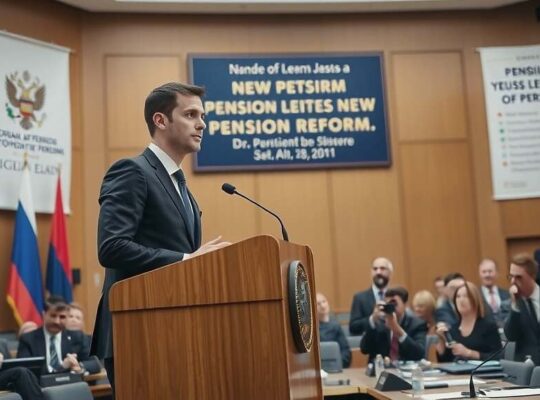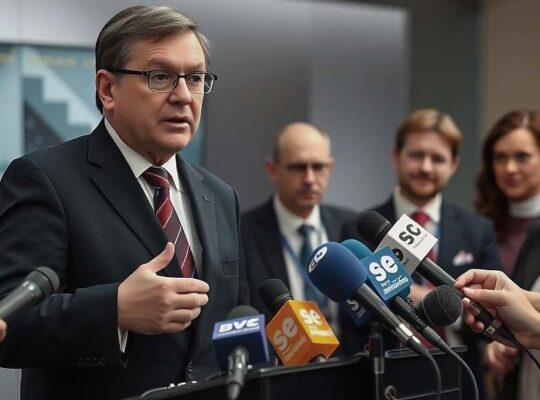Leading figures in German industry and economics are issuing urgent calls for structural reforms to bolster the country’s economic resilience and prevent prolonged stagnation. Siemens CEO Roland Busch warned that certain key sectors, historically strong for Germany, are facing “immense challenges” and may prove unsustainable within the current operating environment.
Belén Garijo, CEO of Merck, emphasized the necessity of a supportive policy framework, advocating for streamlined bureaucracy, increased agility and a willingness to embrace innovation. She stressed the need for a more proactive approach to fostering a competitive business landscape.
Ola Källenius, Head of Mercedes-Benz, called on the government to champion a reform of the Green Deal, coordinating with European partners such as Paris, Rome and Warsaw. He cautioned that Europe risks forfeiting its industrial leadership if it fails to adapt to current realities, potentially sacrificing progress through over-regulation and inaction.
Clemens Fuest, President of the Ifo Institute, underscored that isolated measures are insufficient. He advocated for a comprehensive and well-considered reform concept encompassing deregulation of capital markets, increased funding for startups and innovation, a review of employment protection laws, simplification of the tax system and streamlined planning and approval processes, alongside administrative digitalization.
Arndt G. Kirchhoff, President of the NRW Employers’ Associations, highlighted the significant burdens faced by German companies due to comparatively high corporate taxes and social contributions, excessive bureaucracy and uncompetitive energy costs relative to international peers.
Wolfgang Große Entrup, CEO of the German Chemical Industry Federation (VCI), urged the government to prioritize tangible reforms within its next 100 days in office, specifically calling for a 25% reduction in administrative paperwork. He warned that Germany’s position as a leading industrial location remains fragile and requires immediate attention.












